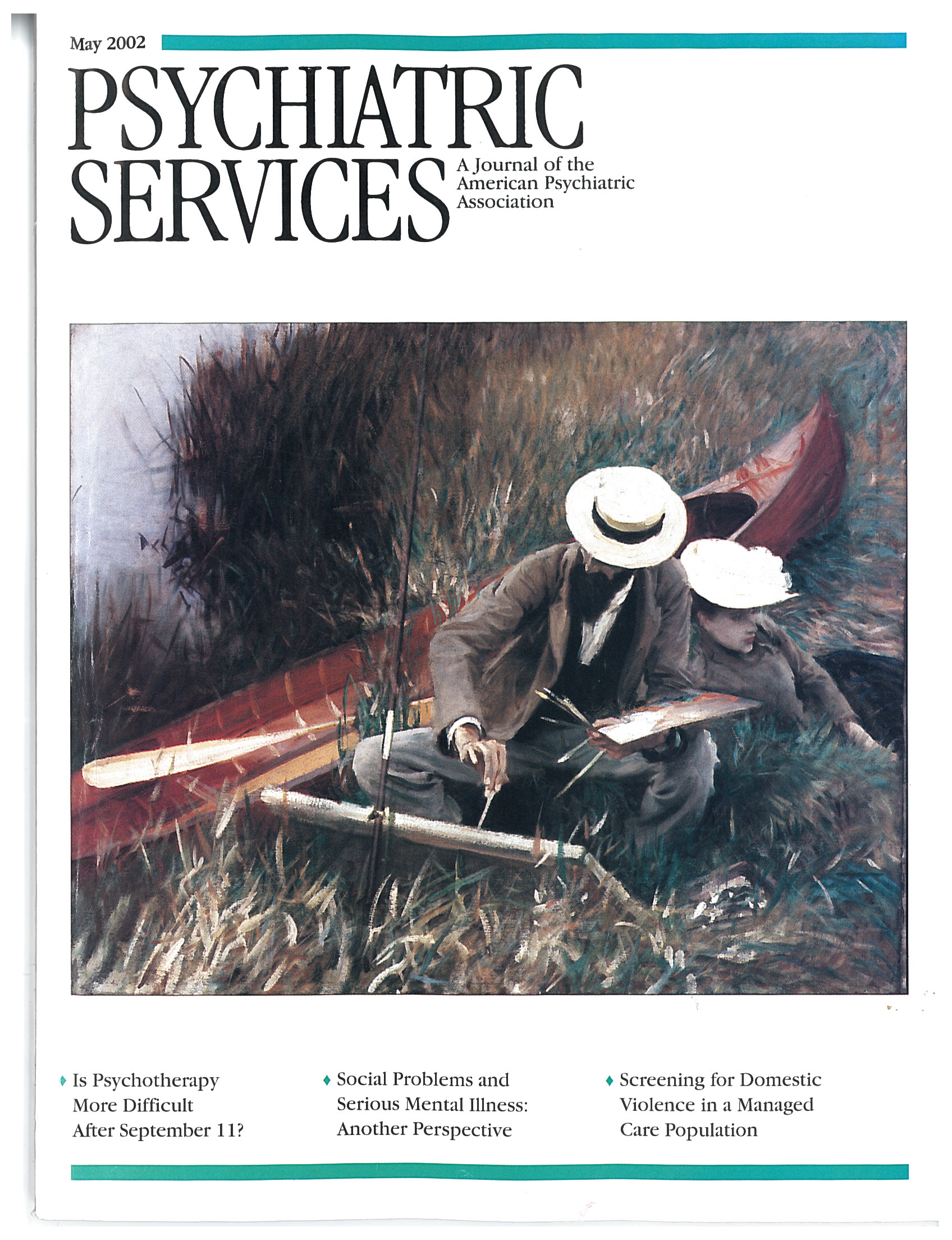The Myth of Sanity: Divided Consciousness and the Promise of Awareness
This is an interesting and highly readable book about the author's clinical experience with dissociative disorders. The book presents a good variety of cases, described in clear, vivid prose. The cases illustrate the dissociative nature of everyday psychology, various forms of dissociative disorder not otherwise specified, and dissociative identity disorder.
Dr. Stout, a psychologist, explores the denial of multiplicity among patients and professionals and within the culture in a most interesting fashion. She brings to life and into focus the individual who has an undiagnosed dissociative disorder and whose loved ones cope but do not understand.
One of the most interesting cases is that of a psychiatrist identified by the pseudonym Nathan, whom Stout knows professionally but has never seen as a patient. When Stout has dinner with Nathan and his wife Melissa at their house, she takes part in a remarkable conversation. Melissa is complaining, among other things, about her husband's having "the world's most convenient memory." She says that when she asks him to discuss certain issues with her, "he'll say he doesn't know what I'm talking about, and then he'll ask me for an example, and when I give him one, he'll say it never happened." She finds this maddening, not least because Nathan seems so convinced of it. "It would be as if, maybe, you called me tomorrow and thanked me for dinner, and I said, 'What dinner?' and then I told you that you hadn't been here, and I didn't have the slightest idea what you were talking about. It would make you nuts, right?"
"Right," Stout responds. Melissa turns to her husband and says, "I wish you wouldn't do that, Nathan. If you don't want to discuss something with me, just tell me that. Don't say it didn't happen. That makes me nuts. It's a whole lot worse than just refusing to talk." "I'm sorry, angel," he replies. "I won't do it again."
After a silence, Stout decides to try putting on her clinician's hat: "Nathan, doesn't it bother you that you lose time?" Nathan dismissively waves both hands at her, quipping, "Hey! No shop talk here."
Other conversations Stout has with Melissa alone communicate the joy, pain, confusion, and unreal quality of a marriage to someone with an undiagnosed dissociative disorder.
I highly recommend The Myth of Sanity. It provides a compelling portrait of unrecognized severe dissociation in everyday life.
Dr. Ross is president of the Colin A. Ross Institute for Psychological Trauma in Richardson, Texas.



